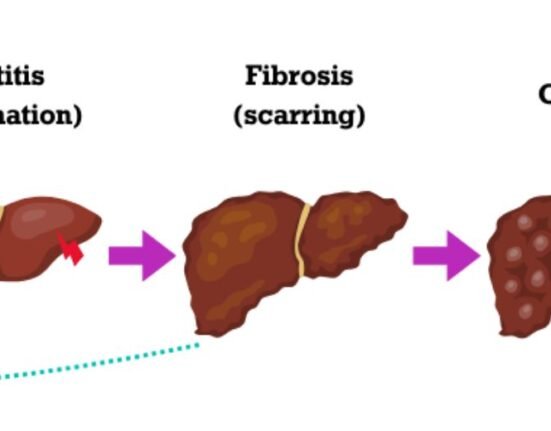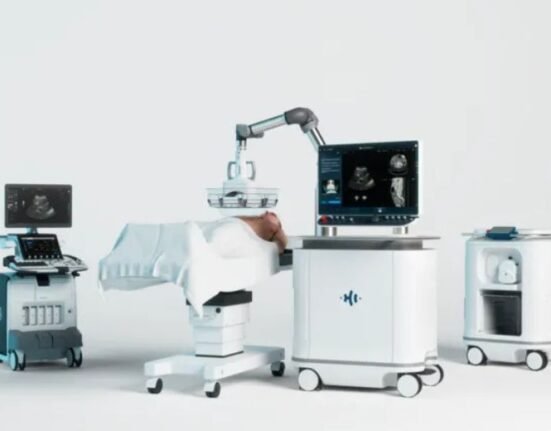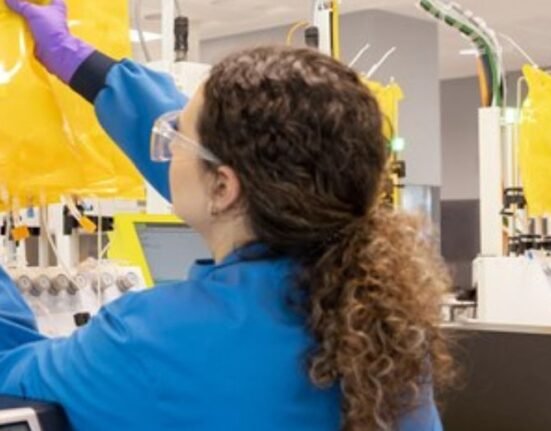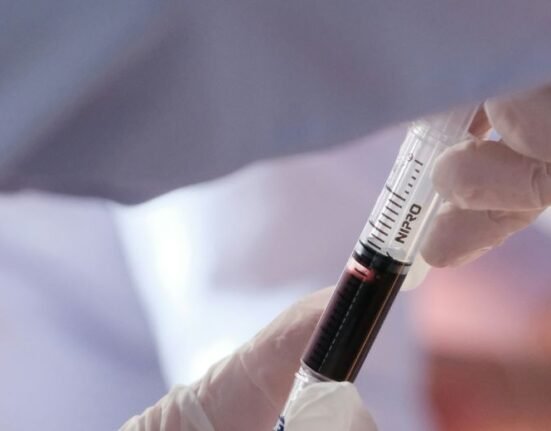HQ Team
August 2, 2023: There is a shortage of prescription stimulant medications in the US due to a manufacturing delay by one drugmaker last fall that had a cascading effect on supplies, according to the FDA and DEA.
The stimulants treated attention-deficit hyperactivity disorder (ADHD), binge eating disorder, and uncontrollable episodes of deep sleep, or narcolepsy, according to a joint statement from the regulator and the agency.
“The lack of availability of certain medications in recent months has been understandably frustrating for patients and their families,” the Food and Drug Administration and the Drug Enforcement Administration stated.
“This is not a problem that the FDA and DEA can solve on our own. We are urging all stakeholders to work together to resolve these shortages as quickly as possible.”
The FDA and DEA do not manufacture drugs and cannot require a pharmaceutical company to make a drug, make more of a drug, or change the distribution of a drug.
Both agencies were “working closely” with numerous manufacturers, agencies, and others in the supply chain understand, prevent, and reduce the impact of these shortages.
45.5% surge in demand
The current shortage of stimulant medications is the result of many factors. It began last fall due to a manufacturing delay experienced by one drugmaker, Robert M. Califf, Commissioner of Food and Drugs, U.S. Food and Drug Administration and Anne M. Milgram, Administrator, Drug Enforcement Administration, said.
“While this delay has since resolved, we are continuing to experience its effects in combination with record-high prescription rates of stimulant medications.
“Data show that, from 2012 to 2021, overall dispensing of stimulants (including amphetamine products and other stimulants) increased by 45.5% in the United States.”
According to a US Centers for Disease Control and Prevention report, during 2020-2021, when virtual prescribing was permitted on a widespread basis during the COVID-19 Public Health Emergency, the percentages in certain age groups grew by more than 10%.
“We are calling on key stakeholders, including manufacturers, distributors, pharmacies, and payors, to do all they can to ensure access for patients when a medication is appropriately prescribed,” they wrote in an open letter.
Access to medicines
“We want to make sure those who need stimulant medications have access. However, it is also an appropriate time to take a closer look at how we can best ensure these drugs are being prescribed thoughtfully and responsibly. “
Stimulants are controlled substances with a high potential for abuse, which can lead to addiction and overdose.
There are quotas set by the DEA for how many of these drugs can be produced. However, for amphetamine medications, in 2022, manufacturers did not produce the full amount that these limits permitted them to make.
Based on DEA’s internal analysis of inventory, manufacturing, and sales data submitted by manufacturers of amphetamine products, manufacturers only sold approximately 70% of their allotted quota for the year.
There were approximately 1 billion more doses that they could have produced but did not make or ship.
Data for 2023 so far show a similar trend.
‘Meet allotted quota’
“We have called on manufacturers to confirm they are working to increase production to meet their allotted quota amount. If any individual manufacturer does not wish to increase production, we have asked that manufacturer to relinquish their remaining 2023 quota allotment.”
“This would allow DEA to redistribute that allotment to manufacturers that will increase production. DEA is also committed to reviewing and improving our quota process,” they wrote.
The FDA is asking professional groups and healthcare providers to accelerate efforts to support appropriate diagnosis and treatment of ADHD, such as further development of additional clinical guidelines for ADHD in adults.
Research could help inform the development of alternative treatments and an understanding of the behavioral and societal issues leading to widespread misuse of these medications in certain groups with ADHD.
Alternative treatment options
FDA has already taken steps to support the development of alternative treatment options. In 2020, for instance, the FDA permitted the marketing of a game-based digital therapeutic to improve attention function in children with ADHD.
“We will consider additional actions to prevent non-medical use and identify efforts to better understand and strengthen the supply chain.”








